The Responsible Blog
Read blog articles about our responsible fashion journey here
You've viewed of articles
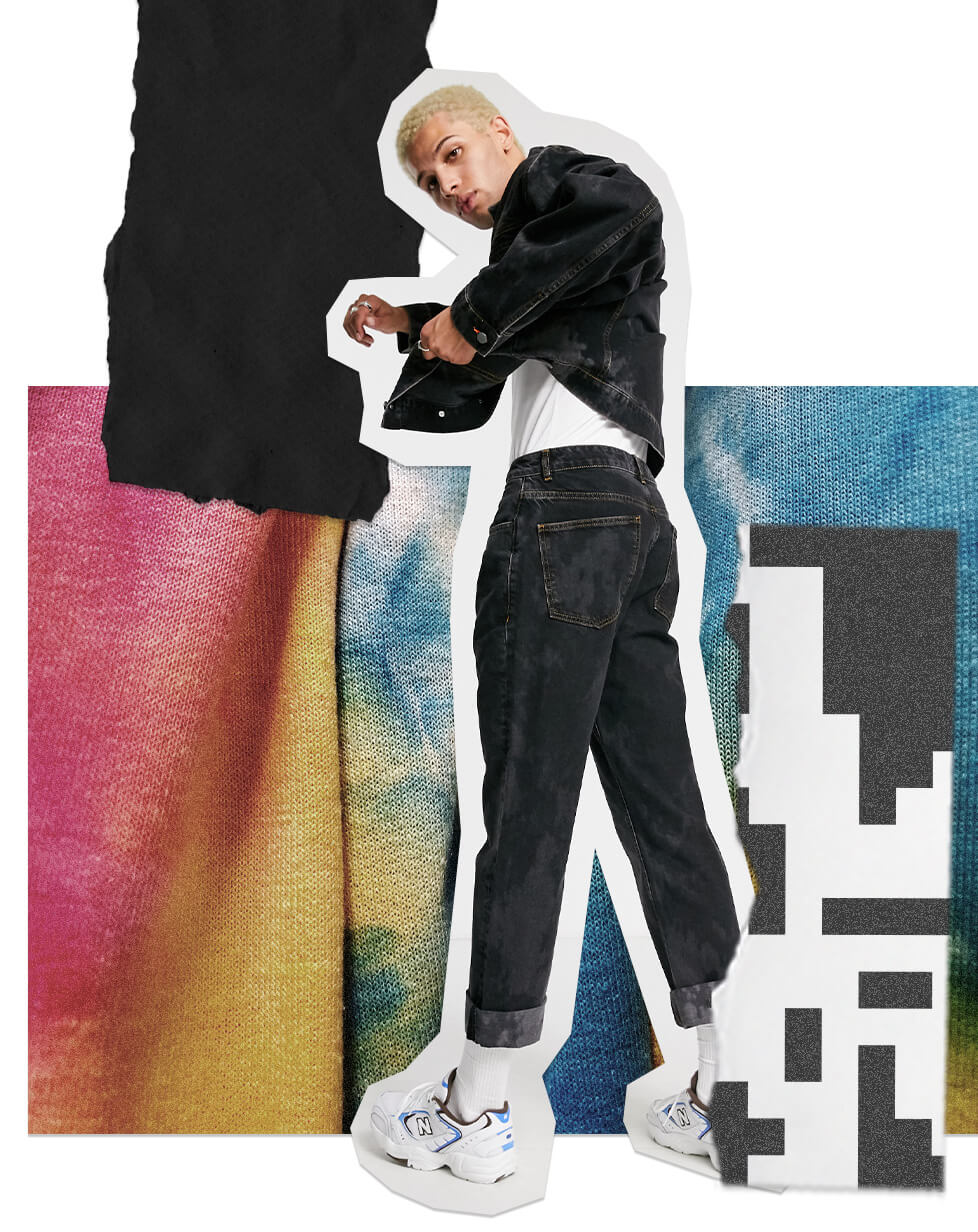
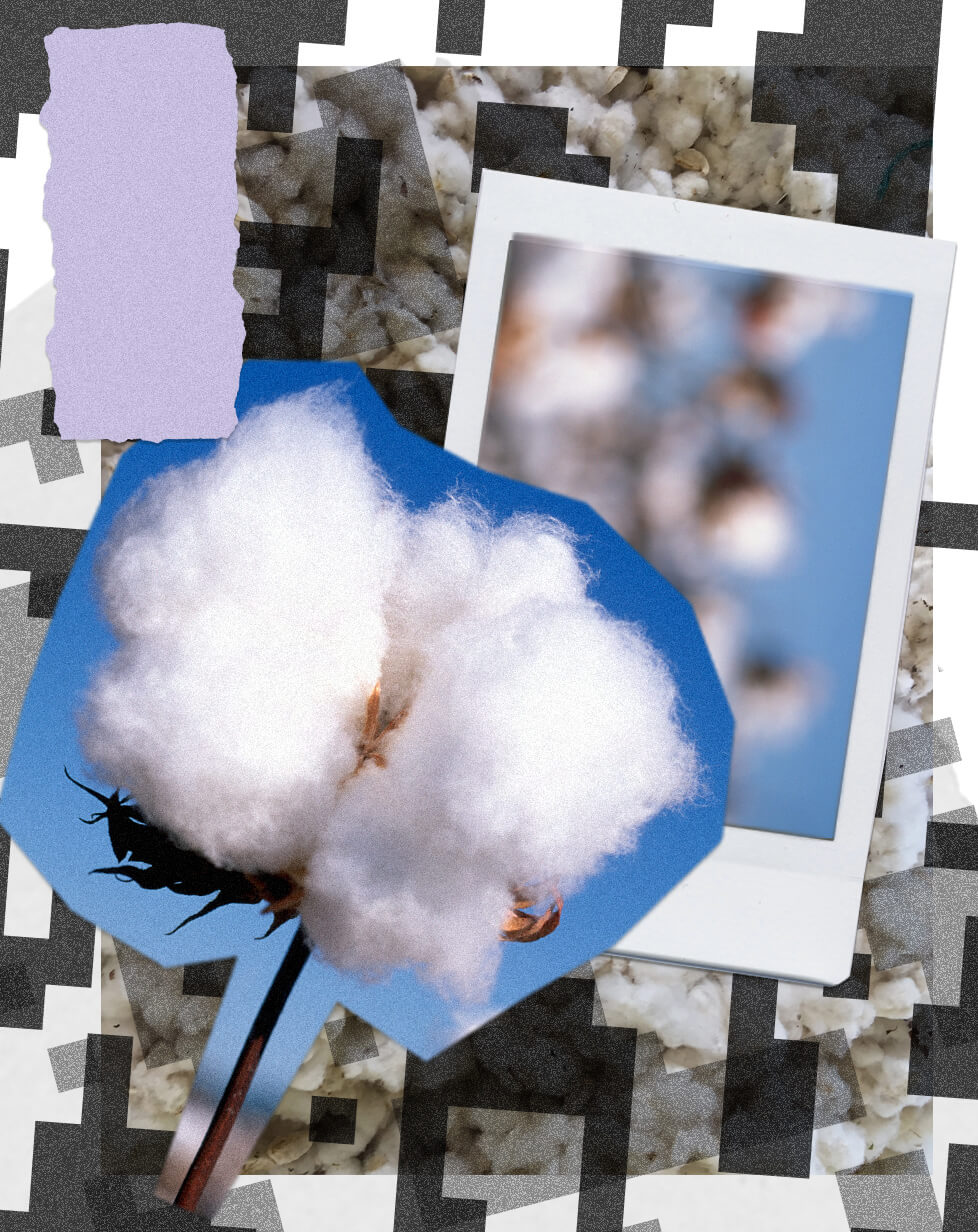
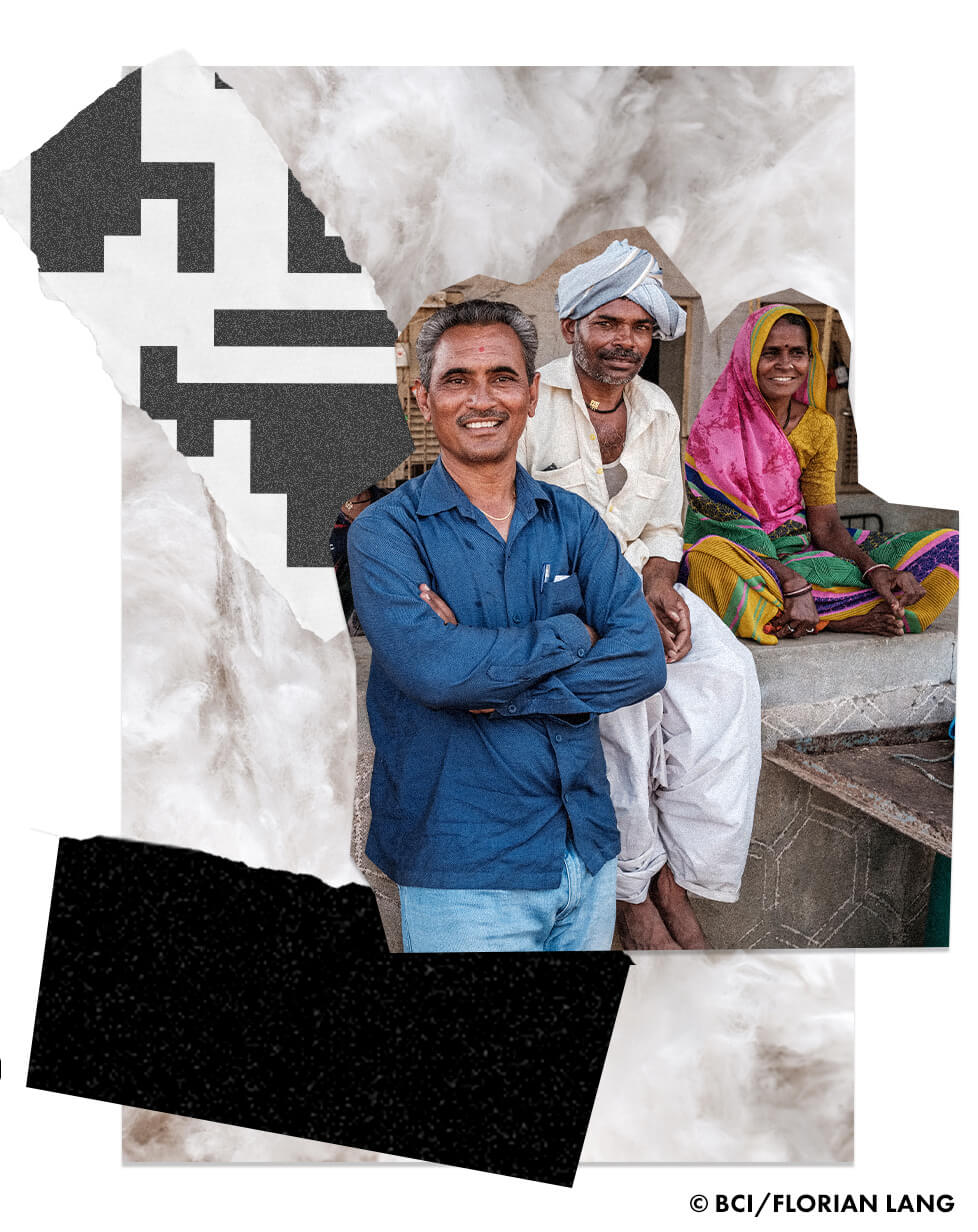
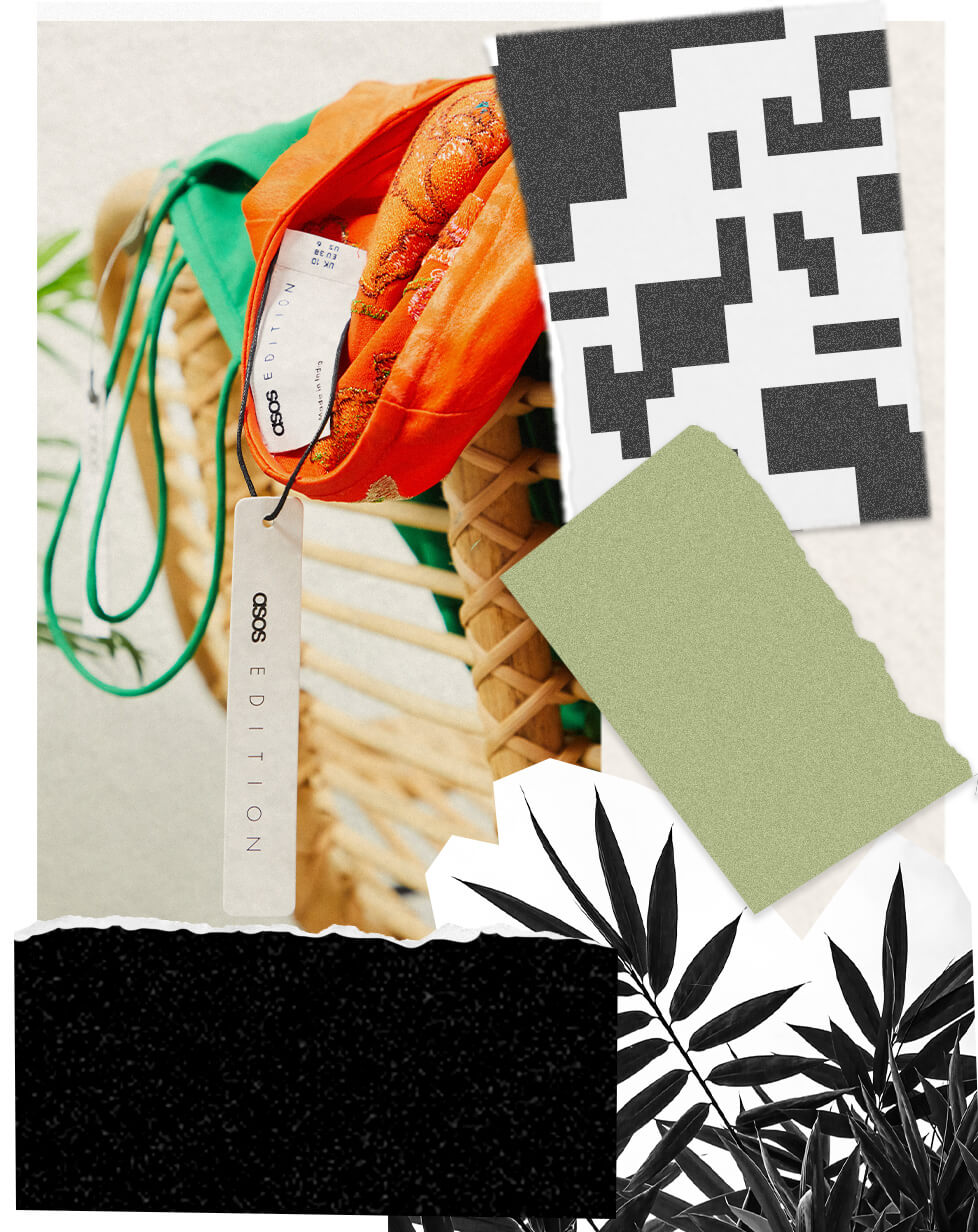
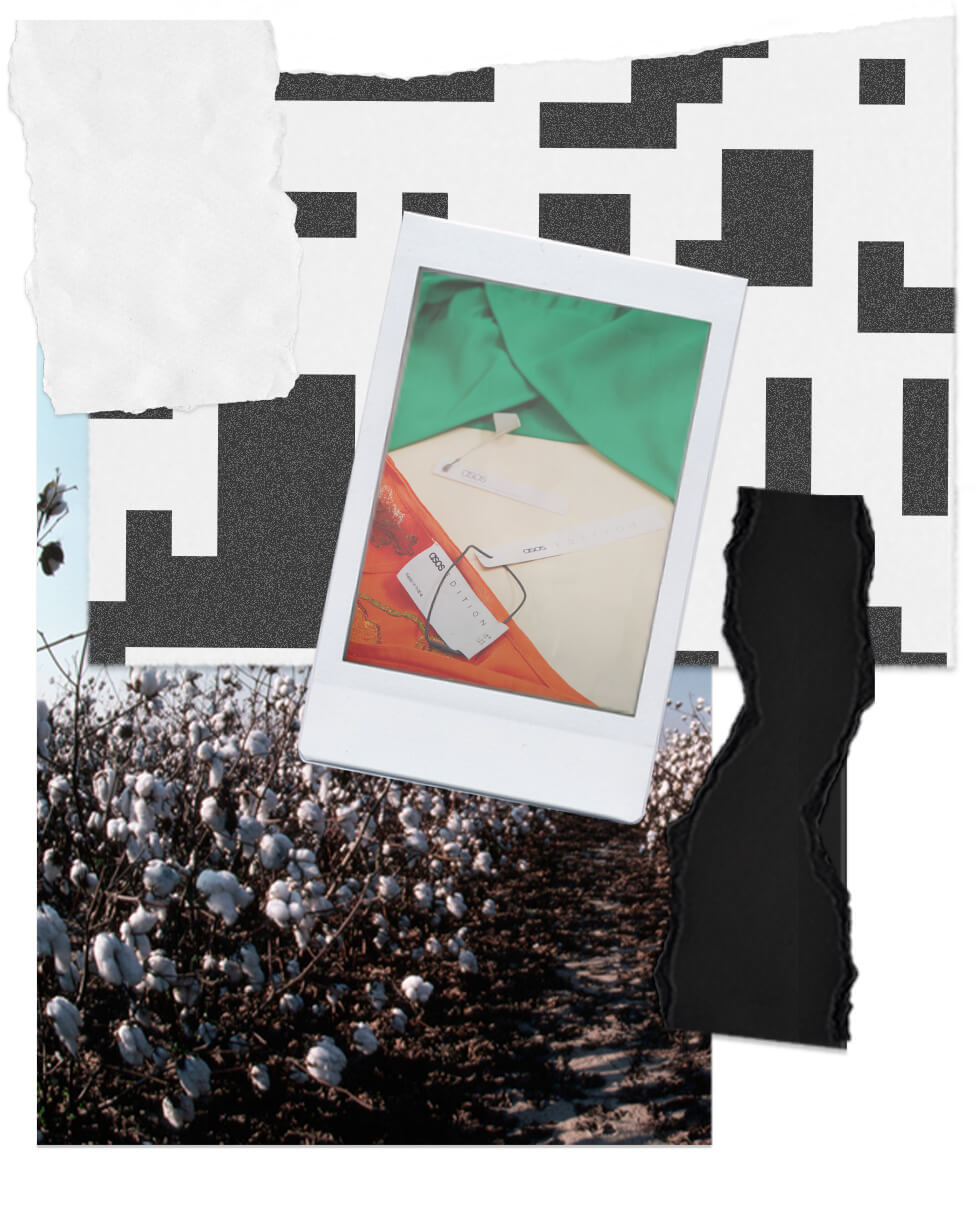
For info on the industry standards we partner with, head to Socks & Tights.
Curious about how we’re reducing the impact of our packing, delivery and emissions? Head to our delivery & packaging page.
Read blog articles about our responsible fashion journey here